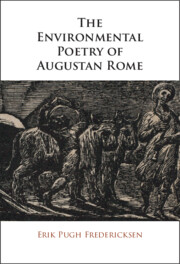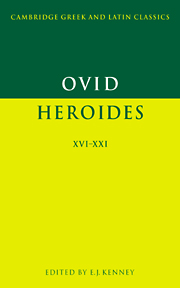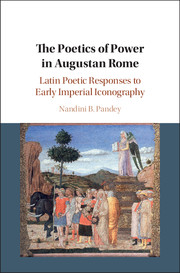The Environmental Poetry of Augustan Rome
This book reveals central texts of Augustan poetry-Vergil's Eclogues and Georgics, and Horace's Odes-to be environmental poetry. In contrast to readings that assume forms of nature poetry are mere Romantic projections, that suggest Roman authors did not care about the environment, or that relegate place to the status of background and setting, it uses both ecocritical theory and close, contextualized readings to show how Horace and Vergil make issues of place, environment, and ecology central to their poetry. As the book argues, each work also creates a distinctive environmental poetics, in which the nonhuman world and particular local environments help shape the specific qualities of its poetry. By attending to the environmental and place-based poetics of these works, the book generates new readings of Vergil and Horace while deepening and complicating how we understand the traditions and concepts of environmental literature.
- Draws on recent criticism and theory from the field of environmental literary criticism to generate new insights into ancient texts, and helps bring environmental literary criticism into conversation with classics and premodern literature
- Offers new perspectives on familiar texts, while also contextualizing environmental and place-based readings with reference to ancient literary, philosophical, cultural, and political traditions
- Provides sustained, large-scale readings of central texts of Latin literature
Product details
December 2024Hardback
9781009476171
316 pages
235 × 159 × 22 mm
0.6kg
Available
Table of Contents
- Introduction
- 1. Local dwelling and pastoral place in Vergil's Eclogues
- 2. The local environments and more-than-human music of the Eclogues
- 3. Vergil's ecological poem
- 4. Poetry of place and planet: Fractal locality in Vergil's Georgics
- 5. Natures and the nonhuman in Horace's Odes
- 6. Translocal lyric: Horace's Odes and the poetry of place
- Epilogue: Ovid in exile and Augustan environmental poetry.




